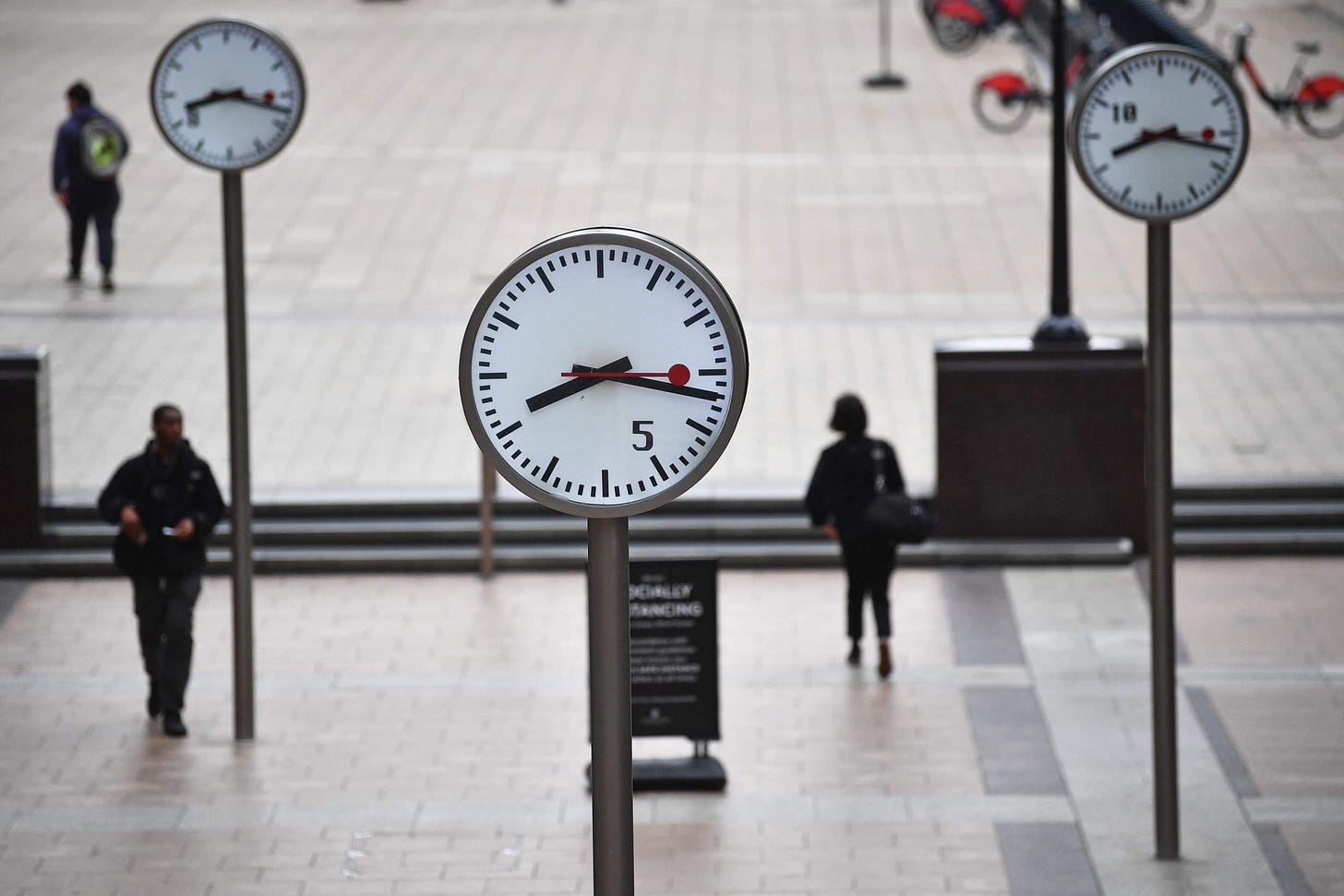The Real ‘Strangers’ Among Us
Those who have declared the UK to be an island of estranged individuals are the ones who should be looking closer to home, writes Danny Dorling
Imagine our communities in years to come.
The elderly, smiling on park benches as parades of prams pass by. The young pushing along Britain’s next generation. Everyone with happiness in their hearts.
A future of harmony, a sense of community, a feeling of quiet progress.
Young people doing well and happily mixing with others. Cities rebuilt and renewed. All our neighbourhoods safe and clean.
Britain as a green and pleasant land of friends and acquaintances, nods and smiles, of familiarity and comfort. Social hierarchies smoothed down to gently rolling hills of mild privilege above wide meadows of decency.
During the 1950s, more so in the 1960s, and especially in the 1970s, this mostly came to pass.
Families had security. They lived in homes from which they could not be evicted if the rent or mortgage were paid – and it almost always was paid. There was full employment (for men). Cheap new housing (for most). New schools and hospitals (for all).
It was a green and pleasant land, if a little rose-tinted around the edges of our memories.
For a time, the strangest and most unusual of all people, the aristocracy and the servant-keeping classes, had largely disappeared – because they had assimilated.
But then, new strangers began to appear among us.
If you are not a subscriber to Byline Supplement, but have subscribed to Byline Times’ monthly print edition, you can read the rest of this article by logging on here:
Byline Supplement subscribers, please read on…



